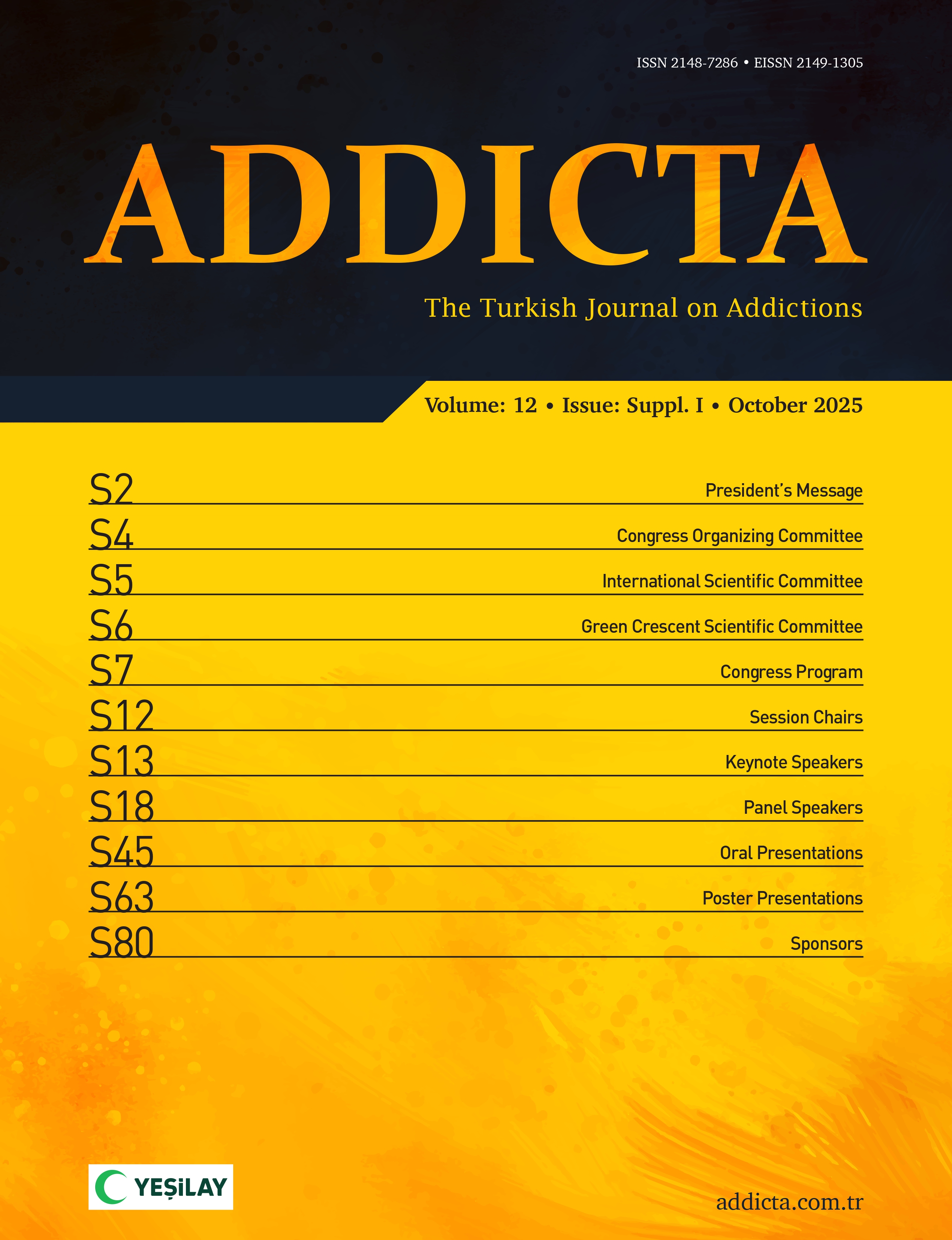This study investigates the role of embodied cognition in substance use disorder by examining involuntary forearm muscle activity, measured through surface electromyography, during conversations on substance-related and non-substance-related topics. Conducted with 16 participants undergoing detoxification, the research aimed to determine whether discussions about substance use would elicit greater electromyography responses, indicative of implicit motor imagery or unconscious cravings. Results revealed a significant increase in electromyography activity during substance-related conversations across all participants, regardless of forearm dominance, supporting our initial hypotheses. This suggests that discussions about substance use may trigger subconscious processes linked to past use experiences. The observed effect sizes were substantial, underscoring the robustness of these findings. Our research contributes to the understanding of substance use disorder by demonstrating how embodied cognition manifests in affected individuals and provides insights into implicit cravings, highlighting the potential of using electromyography to explore these unconscious processes. The study emphasizes the need for further research into the embodied cognition aspect of substance use disorder, ideally with larger sample sizes and control groups, to gain a more comprehensive understanding.
Cite this article as: Danışman, M., Demirdel, E., Zengin İspir, G., Sezer Katar, K., & Soylu, Ç. (2025). Embodied cognition in substance use disorder: Evaluation of implicit muscle activity in forearms with surface electromyography. Addicta: The Turkish Journal on Addictions, 12(2), 197-204.

.png)


.png)
.png)